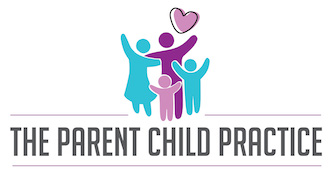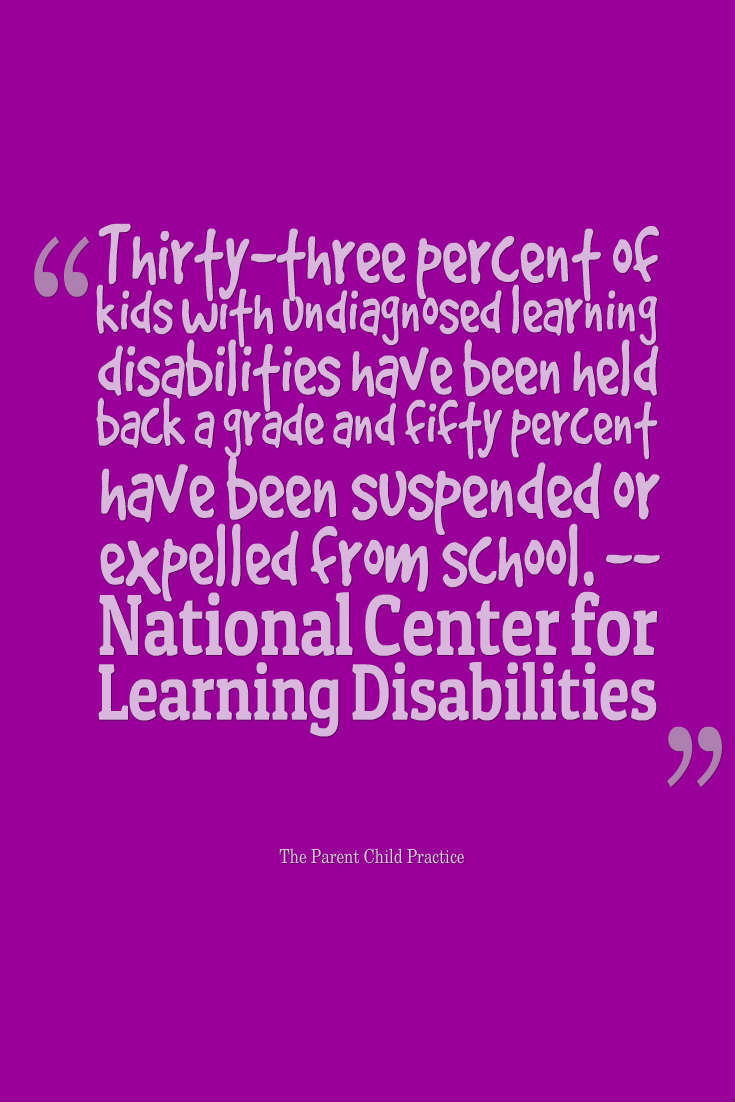Psychoeducational Assessment
Are You Concerned For Your Child’s Academic Success?
Are you the parent of a K–12 student and worry that they are not connecting to, enjoying or succeeding in school? Has your son or daughter suddenly begun acting out in class or become the object of other students’ frustrations? Perhaps your child keeps getting in trouble at school or you are receiving multiple notes from their teacher(s) about their lack of academic progress and you want to understand why. You might wonder if their progress is being impeded by an undiagnosed or untreated learning disability, or by an anxiety, depression or attention deficit hyperactivity disorder. Do you worry about your child’s present quality of life and academic future?
Watching your child struggle can be confusing and demoralizing, especially if you’ve tried to help in every way you know how. Do you wish you could understand why your child is overly disinterested, discouraged or anxious about going to school? Perhaps you know your child is smart and talented, but can’t comprehend why they are not achieving their true potential. Or, maybe assisting them with their homework is so time-consuming and taxing that you feel inadequate, as if you are failing them as a parent. Do you wish you could understand why your child is not succeeding in the classroom and equip them to find happiness, confidence and academic success?
Many Children Have Trouble Learning in School
If you’re worried that your child’s difficulty in school is more than just a matter of effort or willpower, you are not alone. It’s estimated that 4.6 million kids in America suffer from learning disabilities. These can range from writing and reading problems to math difficulties and fine motor, visual processing or auditory processing impairments. Neurodevelopmental disorders, such as ADHD or psychological disorders, such as depression or anxiety can also have a negative impact on a child’s academic performance and mimic the characteristics of a learning disorder. Approximately, one-third of all parents who have kids with learning difficulties don’t know how to cope with these challenges or what to do to help their child.
It’s important to remember, that whatever your child’s situation may be, it is not their fault, nor is it yours. Learning disabilities can be linked to a number of contributing factors, such as genetic history, poor nutrition, medical problems during birth or environmental factors (e.g., poor instruction, poverty, few school resources). If left undiagnosed, many of these challenges can be misunderstood or easily construed as a lack of willingness to learn, perform tasks or complete coursework.
Fortunately, psychoeducational testing can help you understand what your child is going through and equip them with the necessary awareness, strategies and in many cases, accommodations to help them succeed in the classroom.
A Psychoeducational Assessment Can Give You Answers and Direction
Struggling to understand what your child is going through can be a trying and humbling experience. With my help, you can identify your child’s needs, weaknesses and strengths and help them tap into their unique learning profile. A psychoeducational evaluation can positively change your son or daughter’s academic and personal trajectory for life.
I’ll always approach you and your child with compassion while providing practical recommendations and real world advice so you feel supported and empowered to make changes effectively. With an open mind, in a space free of judgment, I’ll help you understand the nature of your child’s situation so they can go back to the classroom fitted with confidence, self-respect and self-awareness. I’ll give you recommendations for classroom accommodations when possible, as well as step-by-step, hands-on learning strategies and learning modification techniques you can practice at home. I will provide recommendations about school placement, if necessary. I’ll also differentiate between a learning disability and possible psychological conditions, such as anxiety and depression, and guide you to a therapist that can help your child overcome challenges both in the classroom and their personal life.
Because each person has their own way of learning, I’ll always strive to identify and meet each student’s unique needs. If your son or daughter has writing difficulties or fine motor impairments, we can explore how the use of assistive technology in the classroom could level the playing field. Should they have problems with ADHD or interpreting spoken lectures, I can recommend note takers, tutors or learning center assistance to help close that academic gap. If they have trouble with reading, I can offer intervention techniques that can eventually “rewire” the mind so reading skills and comprehension levels improve. Whatever challenges your child faces, a psychoeducational assessment can offer you and your child the awareness and tools needed to succeed in the classroom.
I know how difficult it can be to make sense of your child’s academic performance, but it is never too late to correct their trajectory. No matter what obstacles your child faces, a psychoeducational evaluation can identify their inherent strengths and current weaknesses and help you begin drawing a clear roadmap to their success.
I am considering having my child evaluated for a learning disability, but I still have some concerns…
I am worried that testing will give them a problem that they don’t really have.
This process of testing is meant to identify how your child learns and what we need to do to improve their capabilities. Putting a name to your child’s difficulties will not change them or make them worse, just as fearing that name won’t make them better. In fact, if left unchecked, the problem has no way of getting better because without awareness of what is actually happening and why, your child cannot self-correct. The older they get, the harder it will become to change the way they learn. Testing opens the door to the techniques and accommodations they need to overcome their academic issues and feel equipped to handle future challenges with greater efficiency and success.
I am afraid they will be labeled for life.
It’s more than likely the school is already aware of the problem and has a limited capacity to help your child unassisted. Despite your fears, your child doesn’t have to be labeled or defined by the obstacles they face. Right now, they are probably dominated by feelings of confusion, frustration or even a sense of failure. Getting them the help they need means they can begin defining themselves according to their true nature, not by the obstacles in their way.
I don’t know if I should have my child tested privately or through the school system.
Having a private psychoeducational assessment can be beneficial because I do not work for your child’s school. Therefore, I am impartial and you can have faith that my recommendations are selected based on what your child needs. Since I am trained as a school psychologist, I also have intimate knowledge of the type of assessments schools accept, whether certain academic services are available in a public school system and what are reasonable accommodations. I will help you understand special education eligibility criteria so that you are prepared when sharing your report with your child’s school. Private psychoeducational testing allows you to have the evaluation done at any time and the school does not have to agree that it’s necessary prior to having it done. Most importantly, the results from my assessment don’t automatically become part of your child’s school record: you have a chance to review the results and decide whether to share the report or not with your child’s school.
Is a psychoeducational assessment going to help, or is it really a bunch of mumbo jumbo?
I truly want this to be a helpful experience, and data, research and statistics show that testing is certainly in your child’s favor. This process gives a voice to the confusion that you are both experiencing right now. It can help you understand your child’s learning needs, identify how and if their current school can support them and positively shift your child’s self-perception. Your child can cultivate a greater sense of empowerment and self-respect by understanding that the difficulties they experience aren’t their fault. And, testing can give them the resources to actuate their learning and stimulate a love and responsibility for their academic success.
Your Child Can Make a Substantial Change in Their Academics
Call 678-649-1940 or contact me for your free 15-minute consultation to see if private psychoeducational testing can help change your child’s outlook on life and school. I would be happy to answer any questions or concerns you may have about your child’s situation and needs.











